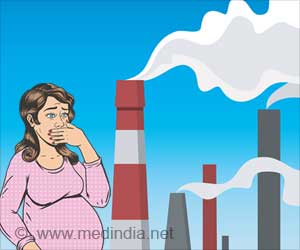Greenpeace says nuclear power plants in Canada could be releasing dangerous levels of radioactive tritium
Greenpeace says nuclear power plants in Canada could be releasing dangerous levels of radioactive tritium.
A study released Tuesday said Canada's standard for allowable levels of tritium are 10 times higher than the United States and 100 times higher than Europe.As a precautionary measure the Green has said that children under the age of 4 and pregnant women shouldn't live within six miles of a nuclear power station and those living within three miles shouldn't eat food grown in their gardens as it is very harmful for them.
The report suggests the tritium is being released from plants in Pickering, Bruce and Darlington.
“There is no evidence the release of radioactive tritium into the Great Lakes by Ontario nuclear power plants poses a public health threat”, Premier Dalton McGuinty said on Tuesday despite a new study which shows such emissions could put people at risk for genetic mutation and cancer.
Canadian-style Candu reactors are among the world's largest sources of tritium, producing up to hundreds of times more of the radioactive substance than other reactor designs. The report says high amounts of tritium in the Great Lakes and around the stations indicate nuclear plants routinely emit it into the environment.
A study commissioned by Greenpeace, released Tuesday, found Canada‘s standards for tritium exposure are very “lax‘‘ compared to the rest of the world, especially in light of new evidence that suggests the material is more dangerous than previously thought. It is the water that is radioactive. It becomes embedded in the human cell once it binds with the water. People who live within five kilometer radius of the nuclear plant are at most risk as the concentration of tritium is very high.
Advertisement
Greenpeace is the second influential entity to raise concerns about Canada's tritium standards recently. Last September, the Toronto Board of Health said it considered the drinking water standard out of date and it urged that it be tightened.
Advertisement
Source-Medindia
BIN/M








